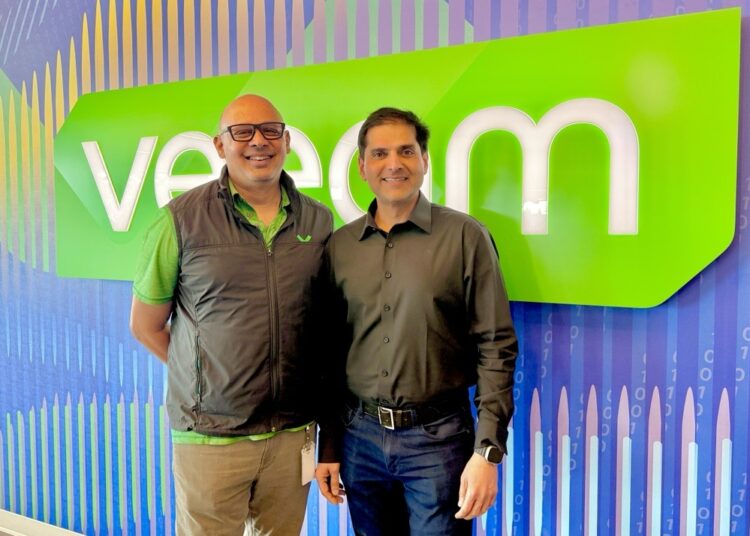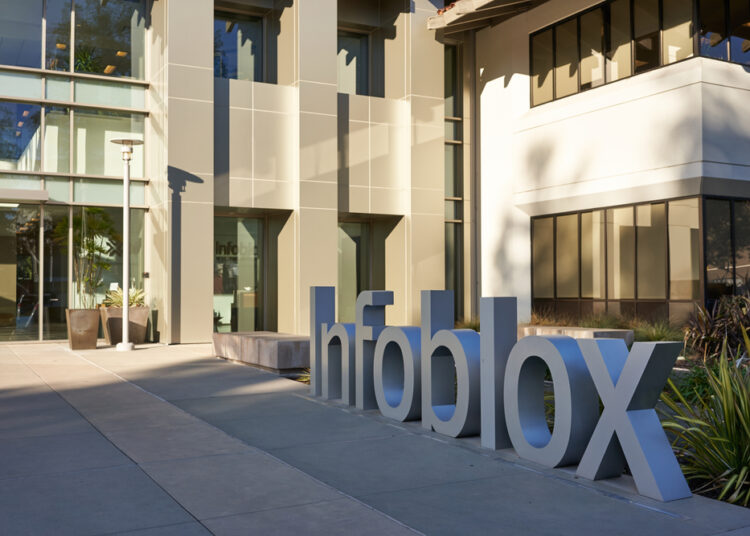What is your go-to-market strategy in the Middle East?
We’re increasing our brand awareness across the Middle East, and everyone is interested in what we have to say. In today’s market, you can no longer try to solve your problems with a technology product; you have to look at a total solution that delivers the outcome. And it isn’t easy to get there on your own. A lot of the things that you’ve already invested in are probably from some of our strategic alliance vendor so that we can make something out of what you’ve already have.
From a go-to-market strategy perspective, we are leveraging our two global SOCs today. We have SOCs in Ireland and Waterloo, Canada. We run those two sites as a global SOC and will eventually build out additional sites and do a follow-the-sun model. So we will expand not only in the Middle East but also in the APJ region. We have also been recruiting new value-added distributors in the region.
Can you tell us about MDR solution?
We believe that security is a data problem first. And if you think it’s a data problem, then you realise you have to have a platform to make sense of all that data, which is our Atlas XDR; it lives inside of Amazon Web Services, and rationalises all the inputs that we point to it from CrowdStrike, VMware Carbon Black, SentinelOne, Sumo Logic, etc. So we can see something has gone wrong in less than 45 seconds, contain it in less than 15 minutes. So when we talk to people and say we can actually take action and stop something automatically, within 15 minutes, no one can do that. It’s because we’ve already built it at scale across the last 20 years and made all of these investments.
Is it a completely automated platform?
It is machine-led with human assistance. We ingest about 20 and a half million signals a day into the XDR platform, and we’re taking up to 3000 automated actions a day. And then we’re kicking off about 6000 investigations that are assisted.
Is it that true that eSentire founder came up with the term MDR?
He coined the term MDR way back in 2015, even before Gartner had defined it. At that time, they were only looking at about six companies that even said they knew what managed detection and response was, and today there are over 300 companies that claim to do manage detection and response. We have been doing it for the last 20 years. That is the differentiator if you can respond well and do it with a rich solution. No one can respond, remediate and isolate threats in the way we do.










Discussion about this post